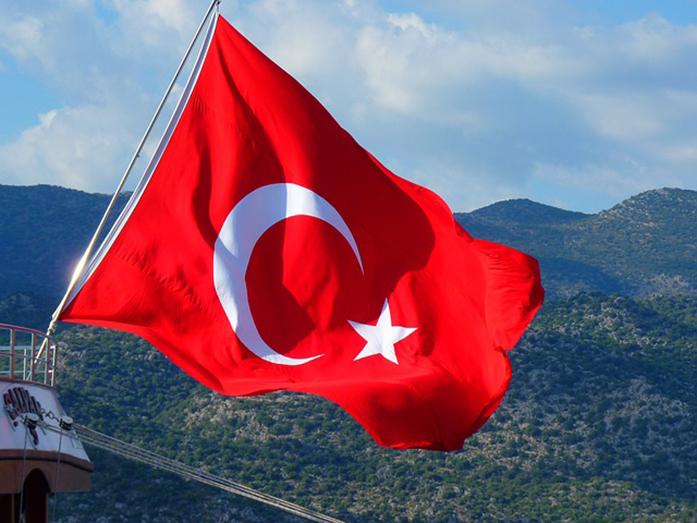by Logan Pillard
Jan. 27, 2017, will go down in history as the day the American Dream died. With a flick of his tiny hand, President Trump signed an executive order barring the immigration of refugees from entering the United States and extinguishing the beacon of hope America once was. The order bars all refugees entering the United States for 120 days, refugees from seven predominantly Muslim countries for three months, and refugees from Syria indefinitely. In a wave of confusion that swept through airports because of the poorly planned order, the White House clarified that green-card and visa holders (legal residents of the United States) would be evaluated on a case-by-case basis, and that the order prioritizes refugees of “minority religions” (a.k.a. Christians) over Muslim refugees.
Let’s, for a minute, ignore the legality of the executive order under the Nationality Act of 1965, which states that there shall be no person “discriminated against in the issuance of an immigrant visa because of the person’s race, sex, nationality, place of birth, or place of residence.” Let’s ignore Trump’s ludicrous defense of the executive order by citing the 9/11 attacks as justification, though none of the seven countries the order lists were the countries of origin of the hijackers involved in the 9/11 attacks. Let’s ignore that Trump holds business deals in several Middle Eastern countries that were involved in the 9/11 attacks and somehow managed to evade the list.
Instead, let’s start with calling this executive order what it really is: a Muslim ban. Despite Trump’s constant denying that this order is an explicit piece of xenophobic garbage, sources from his inner circle report otherwise. Cybersecurity adviser Rudy Giuliani took to Fox on Sunday, claiming Trump asked him for a legal way to declare a Muslim ban.
Now that we’ve agreed to call a spade a spade, let’s get into the really messy stuff, the international repercussions.
Within the first few days of the executive order, the United States has been a lightning rod for international condemnation. Humanitarian groups across the globe have called this action “harsh and hasty.” Foreign governments have spoken out against the ban. The British Parliament is debating whether to ban Trump from entering the UK, while German Chancellor Angela Merkel said the ban goes against “the core idea of international aid for refugees and international cooperation,” and she spoke with Trump on Sunday reminding him of the United States’ obligations under the Geneva Convention, according to an aide to Merkel.
Countries on Trump’s list have retaliated, including Iran, which has threatened to reciprocate the United States’ new policy, with the possibility of issuing a similar ban on American visitors. Above all, these countries have expressed direct concern about the ban’s effects on the war against Islamic extremist terrorist groups. Not only are they worried about the continuing cooperation between Iraqi and American forces to defend against terrorist threats but the increased power to radicalize from these terrorist groups.
Terrorist groups, as their name suggests, feed off the terror their acts of violence cause. Not only does this ban strengthen the unwarranted fear Americans have of refugees and Muslims entering the country, it also shakes the global confidence of the United States as the land of the free. America, to so many who attempt to escape the violence of their homeland, was once a beacon of hope in which new life could rise from the ashes to a better life. Now, we send them away, dashing their hopes and leaving them in the hands of uncertainty. God, bless America.



